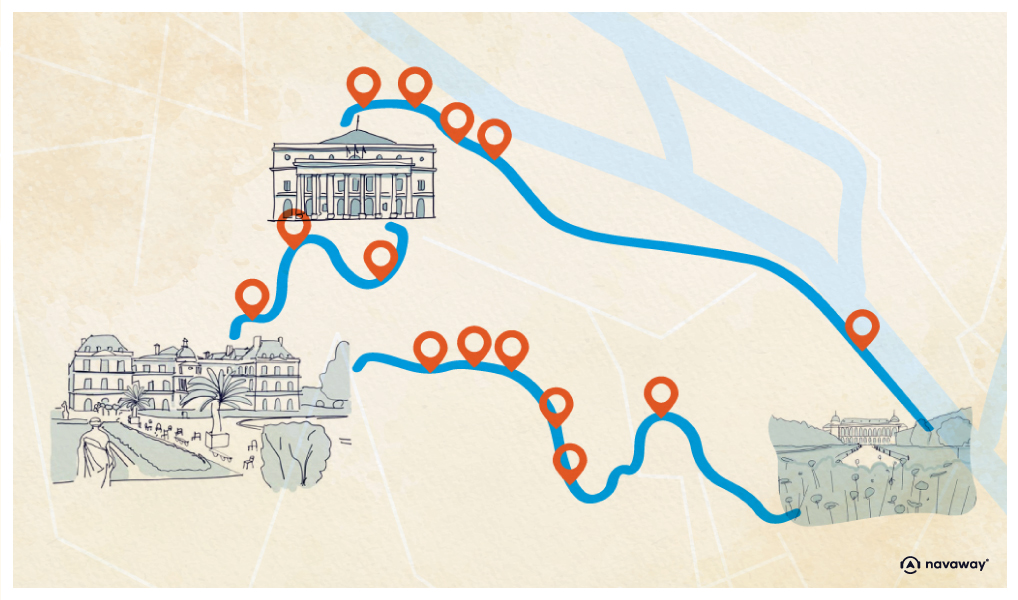
Cluny Thermal Baths
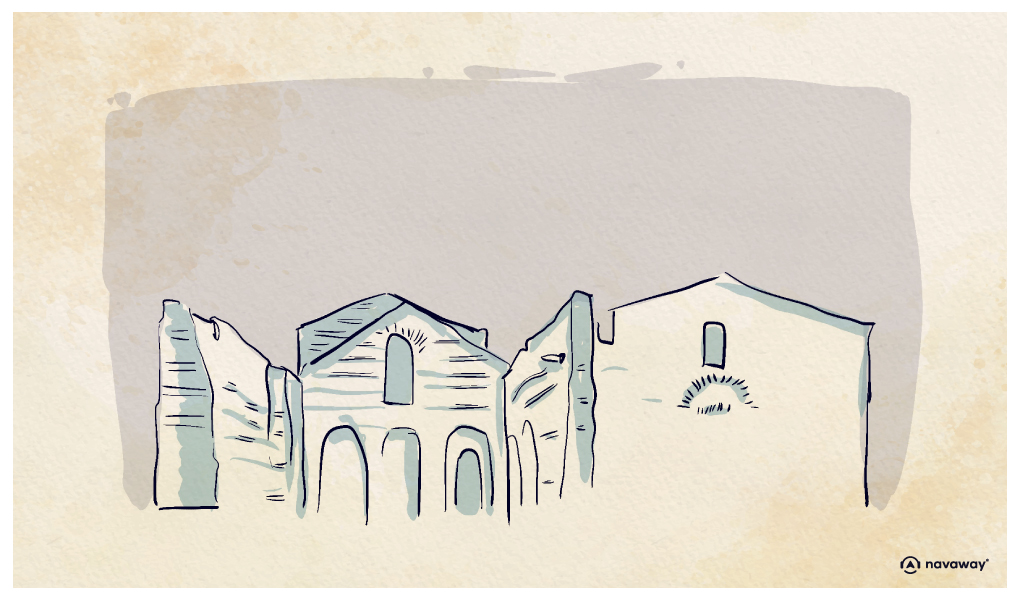
This point of interest is available as audio on the tour: Visit Paris, Sorbonne University, Pantheon and Luxembourg Gardens
The ruins of the Cluny Thermal Baths, which you can see right here, in the center of town, date back to the 1st and 2nd centuries AD. In Roman times, they covered some 6,000 m². Today, this is all that’s left, yet still, these are the best-preserved ancient baths in northern France. We know that the Romans were real geniuses when it came to water. Nearly 2,000 years ago, they managed to supply cities with large quantities of water via aqueducts, and then cleverly recycle it. They created an entire hydraulic network that they buried underground – a precursor to modern wastewater treatment. As for the thermal baths, they weren’t just for bathing; they were a social hub where Romans could relax, socialize, and enjoy a variety of activities. They’d come here to get a haircut, read and play sports! It was like a high-end spa, but Roman-style! The site was destroyed several times over the centuries, notably during the Viking invasions of the 9th century. King Louis Philippe even used some of their stones to build a new city wall. In 1340, the Abbot of Cluny bought the ruins. He built a grand hotel right next to them and used part of the site as a barn. The main hall became a hub of activity, housing stables, a carriage store, an innkeeper and coopers. In 1810, the city of Paris decided to step in and protect this piece of history. They restored the thermal baths and dug deep to uncover more of the site. Thirty years later, the city handed over the ruins to the French state, which incorporated them into the Cluny Museum, a medieval museum housed in a 13th-century hotel. If you’re interested in this period, be sure to visit it! It houses one of the world’s largest collections of medieval artifacts. You’ll find the entrance a little further down the street.

Discover other tours to visit Paris

Discover Paris with app
An interactive guide through the most beautiful streets, squares, and districts
18 fun audioguides full of historical facts, anecdotes, and legends

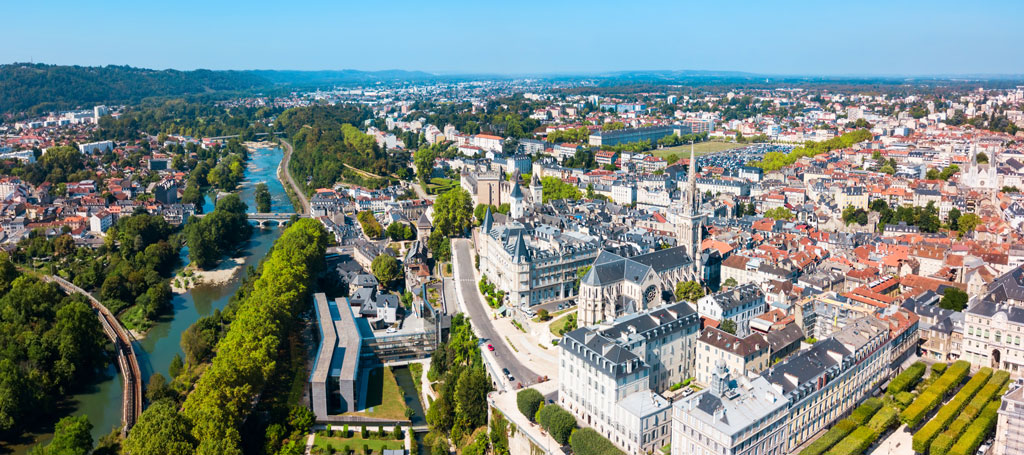
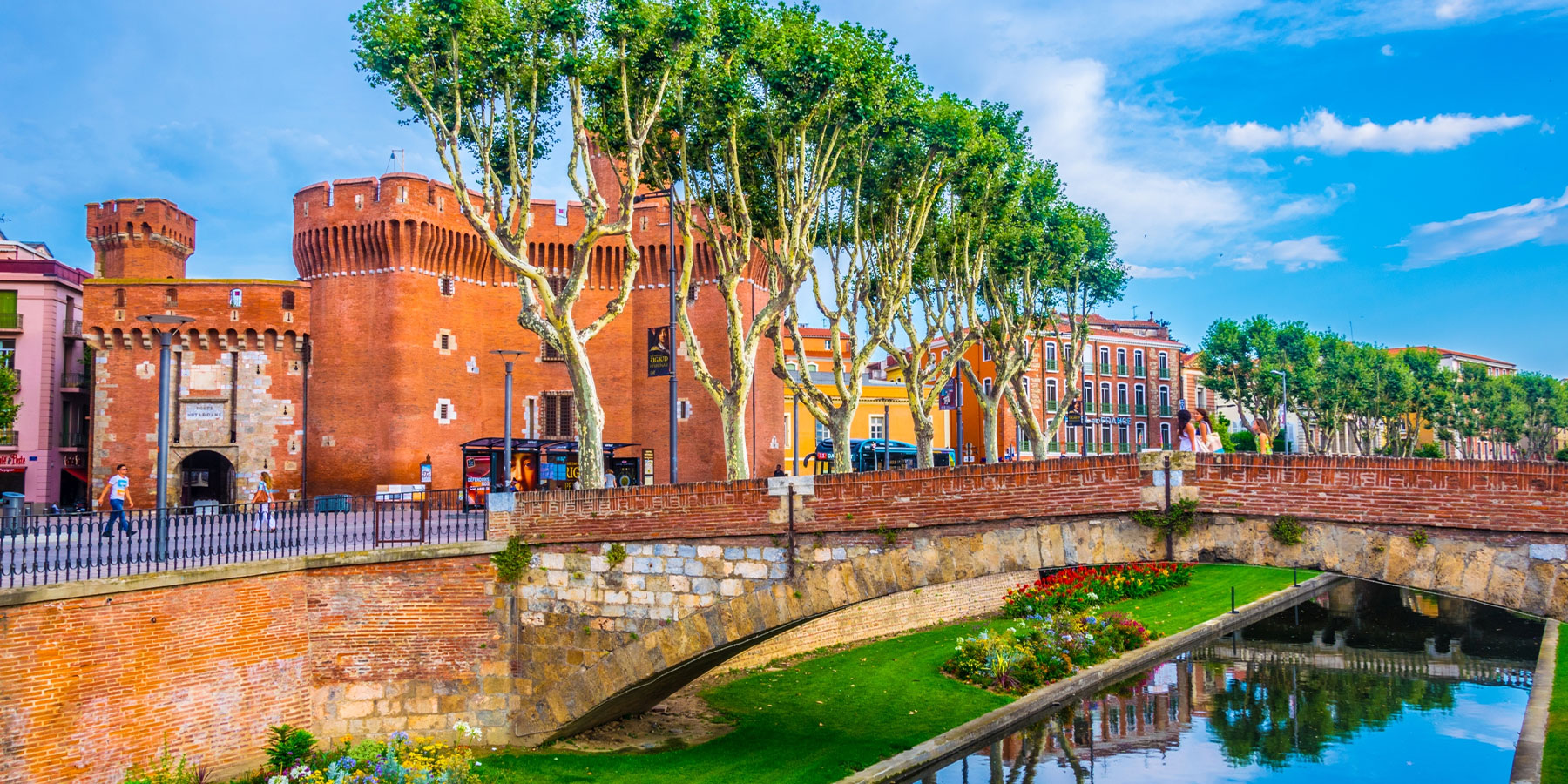
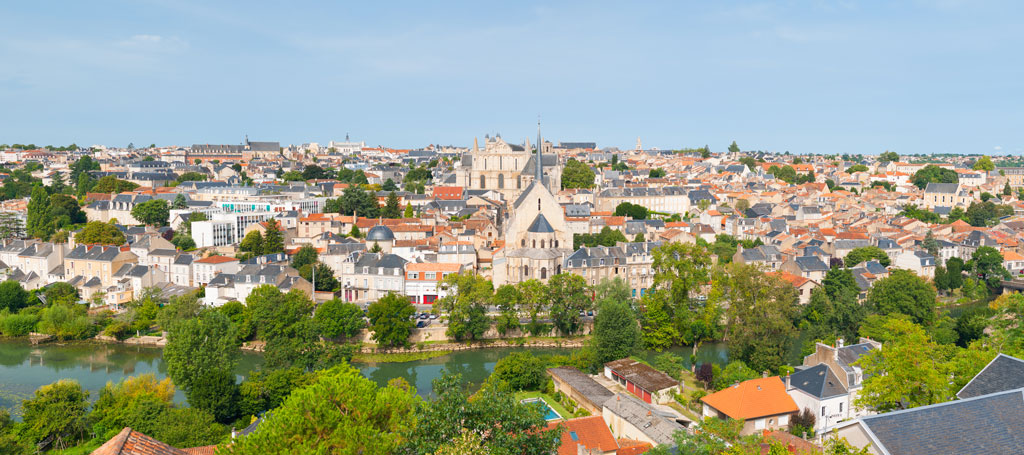
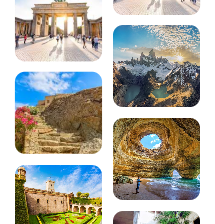

Comments